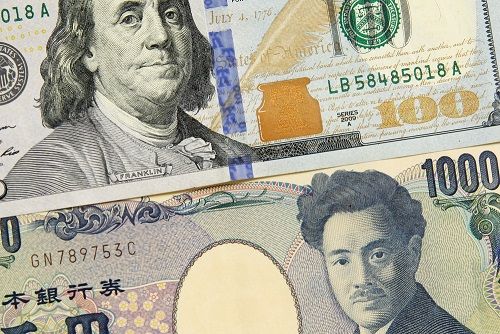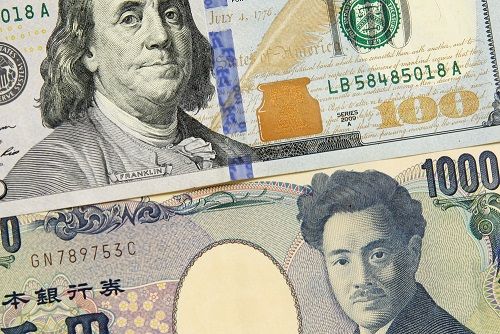Argentina’s peso drops to a record low of 1,476 per dollar on Monday despite U.S. intervention

The peso keeps tanking. On Monday, it sank by almost 1% in early trading to 1,476 per dollar, hitting a fresh record intraday low before recovering slightly.
That’s below the level seen before the U.S. Treasury began buying the peso earlier this month, a clear sign that Washington’s support isn’t working ahead of the critical election for libertarian President Javier Milei, who is very close to President Trump.
The new exchange rate sits right near the bottom of the exchange band Argentina set in April, as shown by data from the Financial Times.
The slide has continued despite three separate purchases of pesos by the U.S. Treasury since October 9, estimated by local economists at around $400 million. Neither government has confirmed that figure.
The Trump administration’s latest decision (the $20 billion currency swap line between both countries) has clearly steadied things. The Central Bank of Argentina confirmed the signing of the swap deal on Monday, though no terms were made public.
U.S. intervention fails to calm markets
Milei’s pro-business government has been struggling to calm the chaos that began last month after it lost key local elections. The market selloff hasn’t stopped, and analysts say U.S. help led by Treasury Secretary Scott Bessent has done little to slow investors rushing to the dollar.
Locals are dumping the peso to protect themselves against a possible devaluation if Milei’s bloc performs poorly in the October 26 midterm legislative elections.
Investors fear Milei may have no choice but to devalue the peso after the vote, given the central bank’s falling reserves.
The Romano Group, an Argentine economic consultancy, estimates that the bank has less than $5 billion in reserves, excluding liabilities, a dangerously low buffer. Salvador Vitelli, the group’s head of research, told reporters the dollar demand “has been very strong and is going to continue that way until we have the election results and more clarity on the exchange rate.”
Meanwhile, traders outside Argentina are betting the peso will weaken even further. Offshore contracts known as non‑deliverable forwards have been pricing in faster depreciation beyond the country’s official band.
On Monday, the two‑month forward rate implied the peso could fall below 1,600 per dollar before year‑end.
Bessent, speaking earlier this month on television, called the peso “undervalued” and said he intended to “buy low and sell high.” His words, though, haven’t lifted confidence. Market participants continue to test how far authorities are willing to defend the currency amid growing uncertainty and limited reserves.
Dollar‑denominated Argentine government bonds showed a small rebound on Monday, but they’re still trading far below the levels reached right after the initial U.S. intervention was announced.
Sign up to Bybit and start trading with $30,050 in welcome gifts







